Frequently Asked Questions (FAQ)
You've got questions, we've got answers.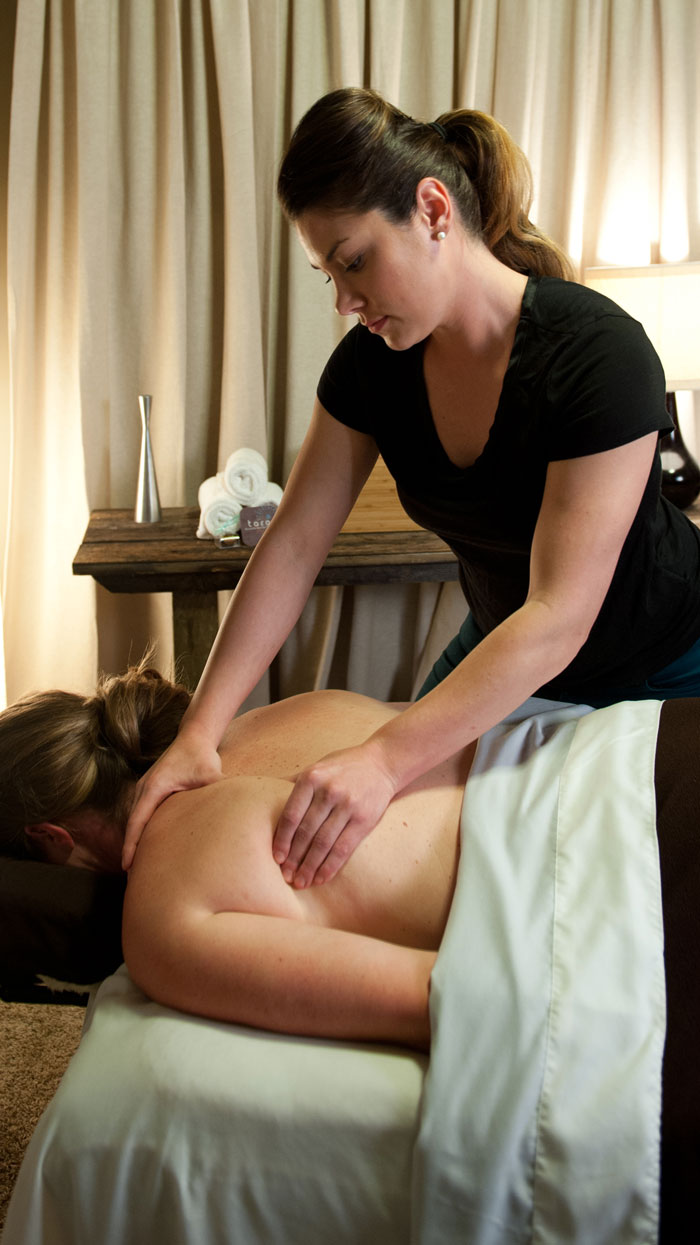

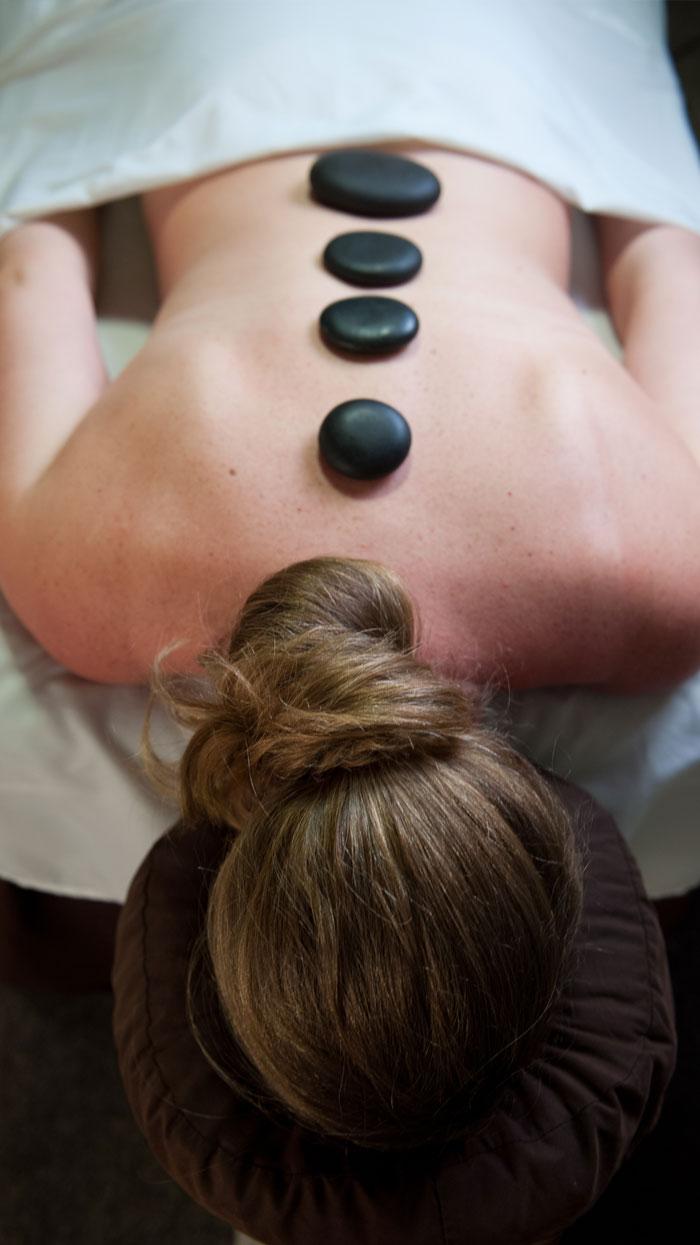

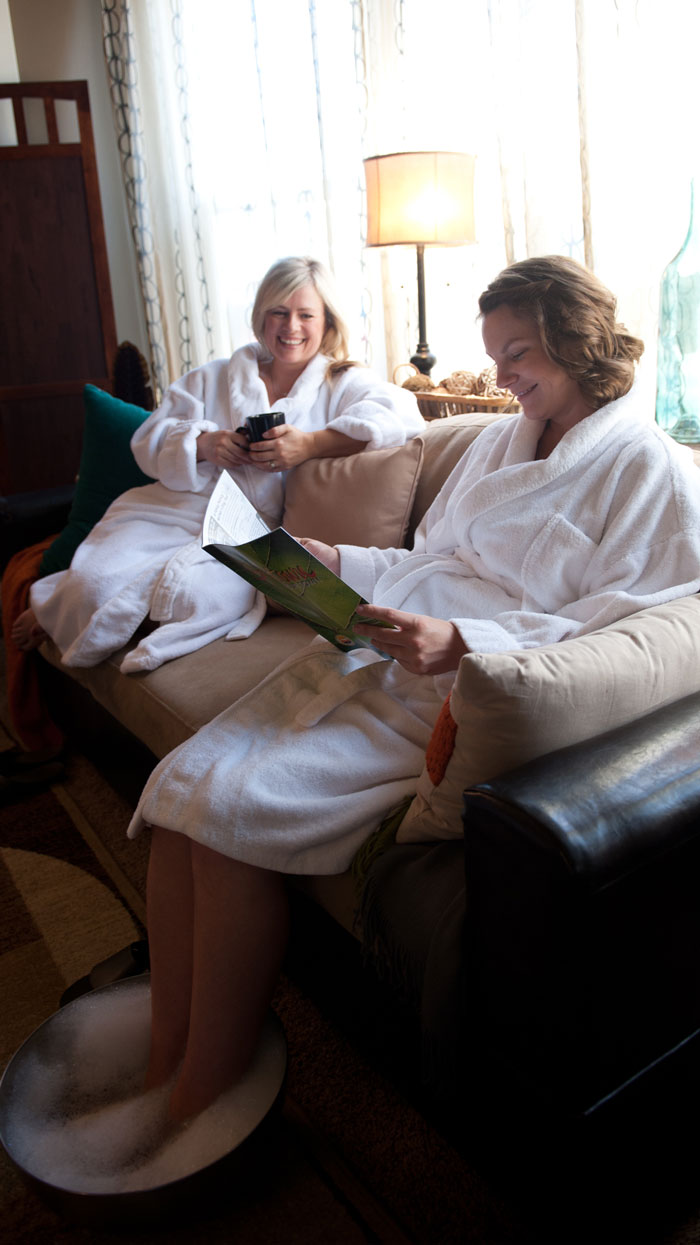
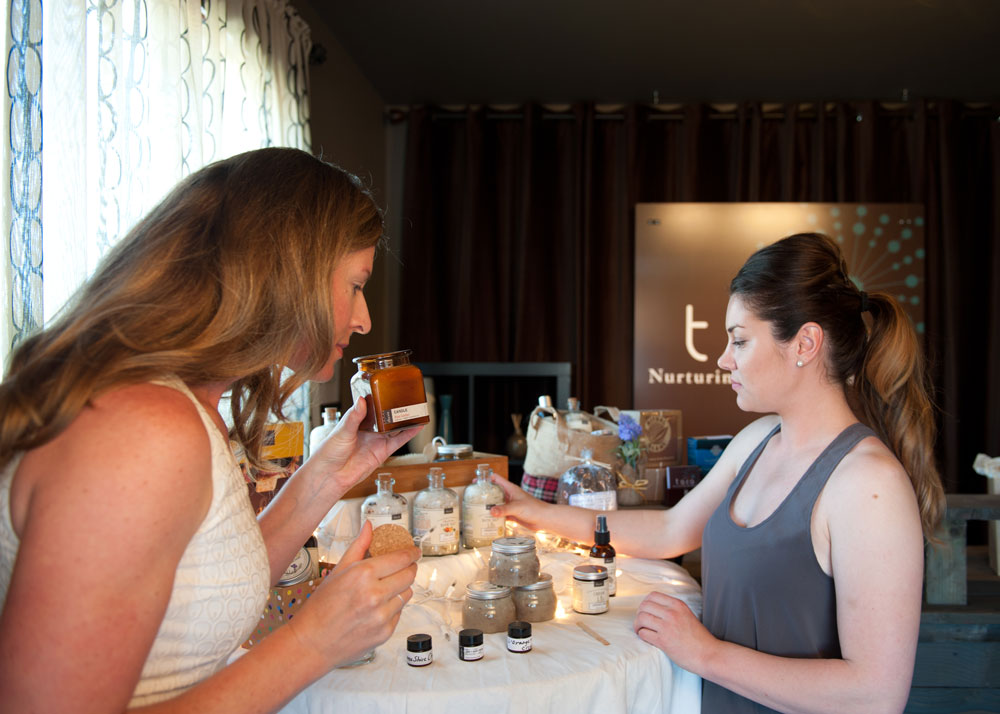
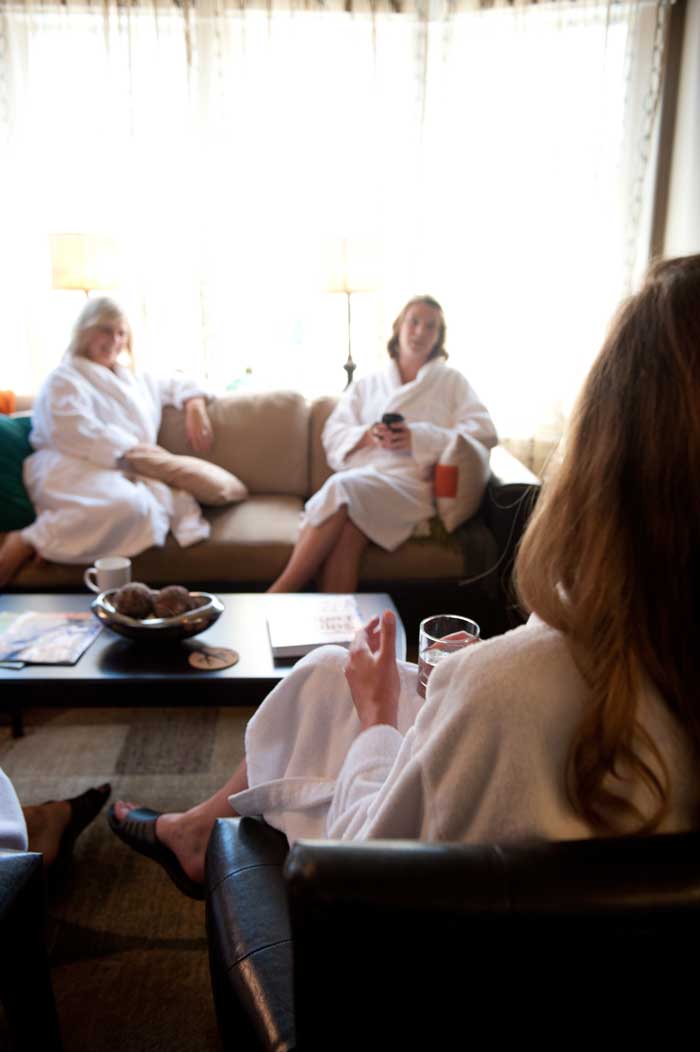
Do you bill medical insurance?
Unfortunately, we do not bill medical insurance. We only bill PIP (personal injury protection) for auto accidents and L&I claims. Any massage scheduled that is intended to be billed to insurance requires prior authorization and paperwork. Please allow 48 hours for scheduling.
Can I buy a gift card?
Yes! You can purchase an e-gift card online or a physical gift card in person at the spa. Thank you for you business in advance.
Tip or no tip?
The standard in the spa industry is a 15% to 20% tip. That being said, there is no requirement to tip your therapist. If you choose to tip, the amount is completely up to you and we are always grateful for any tip you give.
Tips can be given with cash, personal check or credit cards.
What's the best way to schedule my appointment?
We offer easy to use online scheduling, which makes it easy for you to book. Click below to schedule an appointment. You may also set up an appointment by phone at (360) 421-0478
What payment options do you accept?
We accept cash, personal check, Visa, MasterCard, American Express and Discover.
Should I shave my legs before my appointment?
Nope! In fact we didn’t shave for you. 😉
There are worse things than being hairy – in fact we’ve seen some stuff. Hair is seriously the least of our worries. It’s actually best not to shave if you are receiving a body scrub treatment as it will irritate the skin.
How do I get the most out of my spa experience?
Plan ahead – It’s helpful to arrive 10-15 minutes early for your appointment. This will give you time to complete your paperwork (first time visit) and take a few minutes to relax and unwind. Your session is intended to start at the the time in which you booked your appointment. Late arrival will cut into your therapy session.
Silence those devices – Please be courteous to yourself and others clients at the spa. Your therapy session is intended to be relaxing. Having those pesky devices ringing or vibrating is not productive in creating a peaceful atmosphere.
Communicate with your therapist – Be sure to let your therapist know if you need any adjustments on the table. Bolster too high,face cradle too low. Do you need more a less pressure? How is your temperature? If you have any concerns or questions please ask you your therapist. It is our aim to to make you as comfortable as possible.
Eat light – massage stimulates digestion. I would suggest eating lightly right before a massage, or have a meal a few hours prior. Of course, don’t starve yourself before, as you may feel dizzy or light headed during the massage as a result.
Remember to breathe – Relax, you’re in good hands. Our therapists are highly skilled. Focusing on your breath during a massage is an important part of your massage experience. One that will help you to get the best results from your session.
Breathing during a massage does a few things for you. Firstly, it brings oxygen into the bloodstream, with then can be transported to the muscle cells. Oxygen is very important in the healthy working of muscles. When muscles are overworked, they have run out of oxygen. This produces lactic acid and we all know how achy muscles can be when they are full of this lovely little toxin. Taking slow, deep breaths allows your body to replace the oxygen it has lost, and that allows your muscles to produce more energy, and less lactic acid. If your muscles are not straining under the load of too much lactic acid, they will be able to continue to contract and relax as they need to.
Secondly, breathing slows down your heart rate, allowing you to achieve a deeper state of relaxation. Breathing is the best way to affect your heart rate. During times of stress and frustration, breathing deeply helps to keep you focused and calm.
Lastly, when you hold your breath, it means you are tensing all those muscles around your ribcage up, making the therapist work over contracted tissue, which is painful. Letting that tissue relax will allow them work work the affected area without having to fight the muscles themselves.
Controlling your breathing has been a part of many relaxation techniques. If your therapist notices that you are tensing, the first thing they should do is ease up on the pressure, check in with you and your comfort level, and then remind you gently to continue taking slow deep breaths as they address the area.
